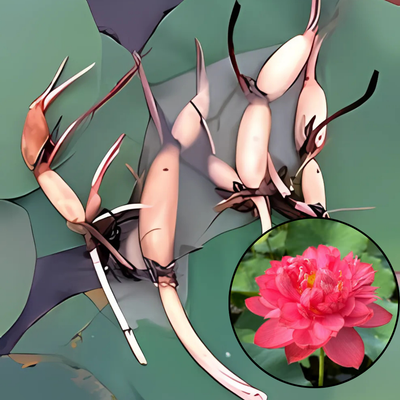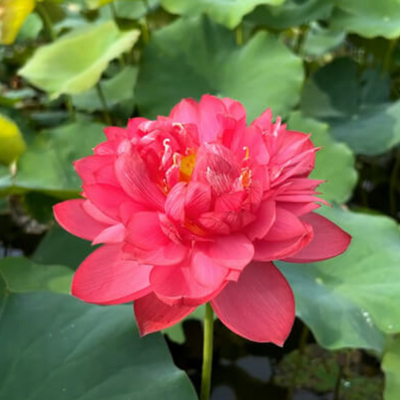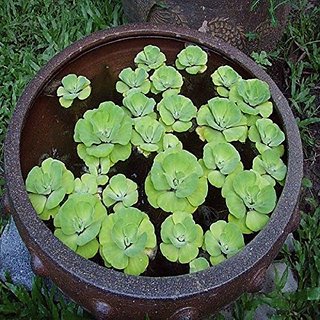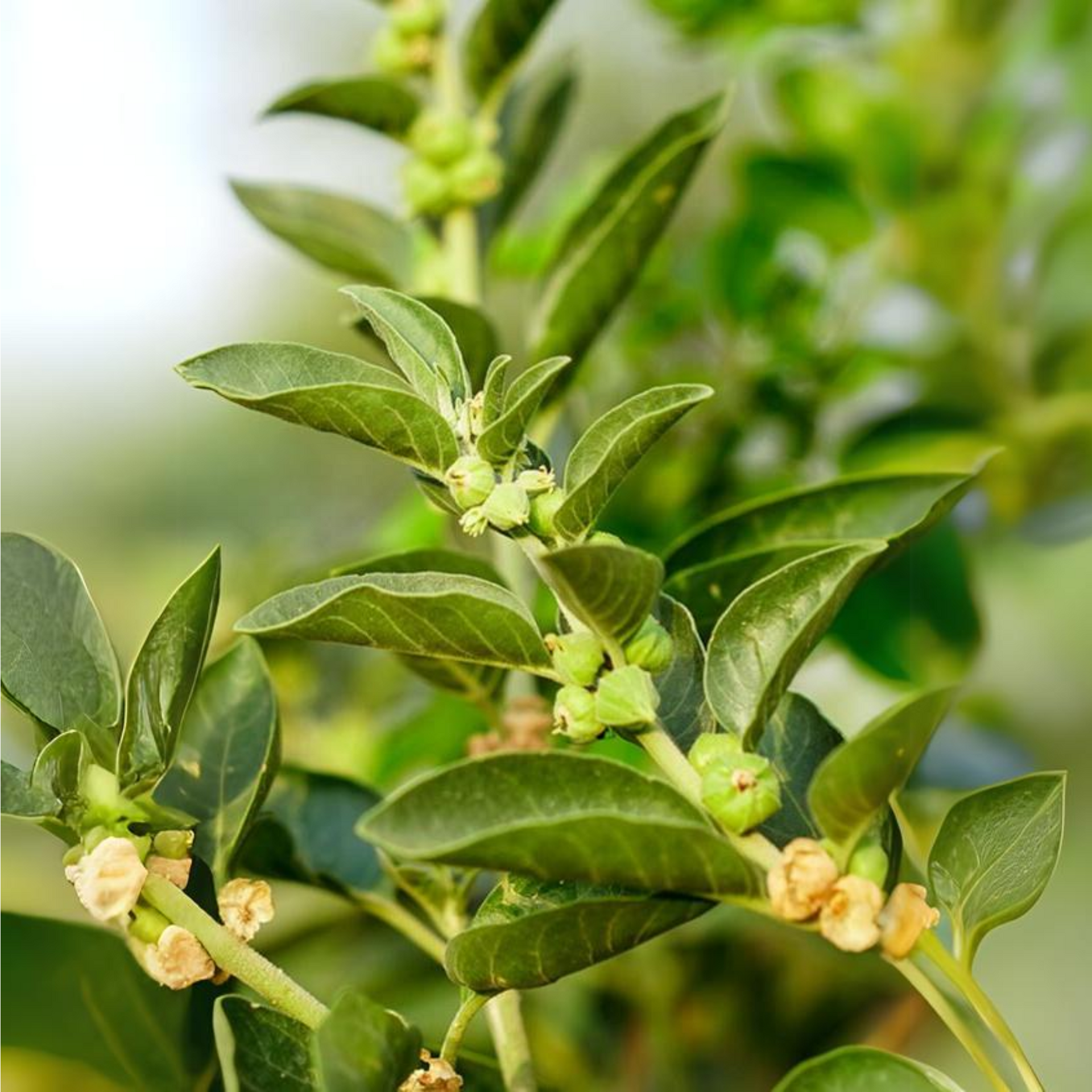
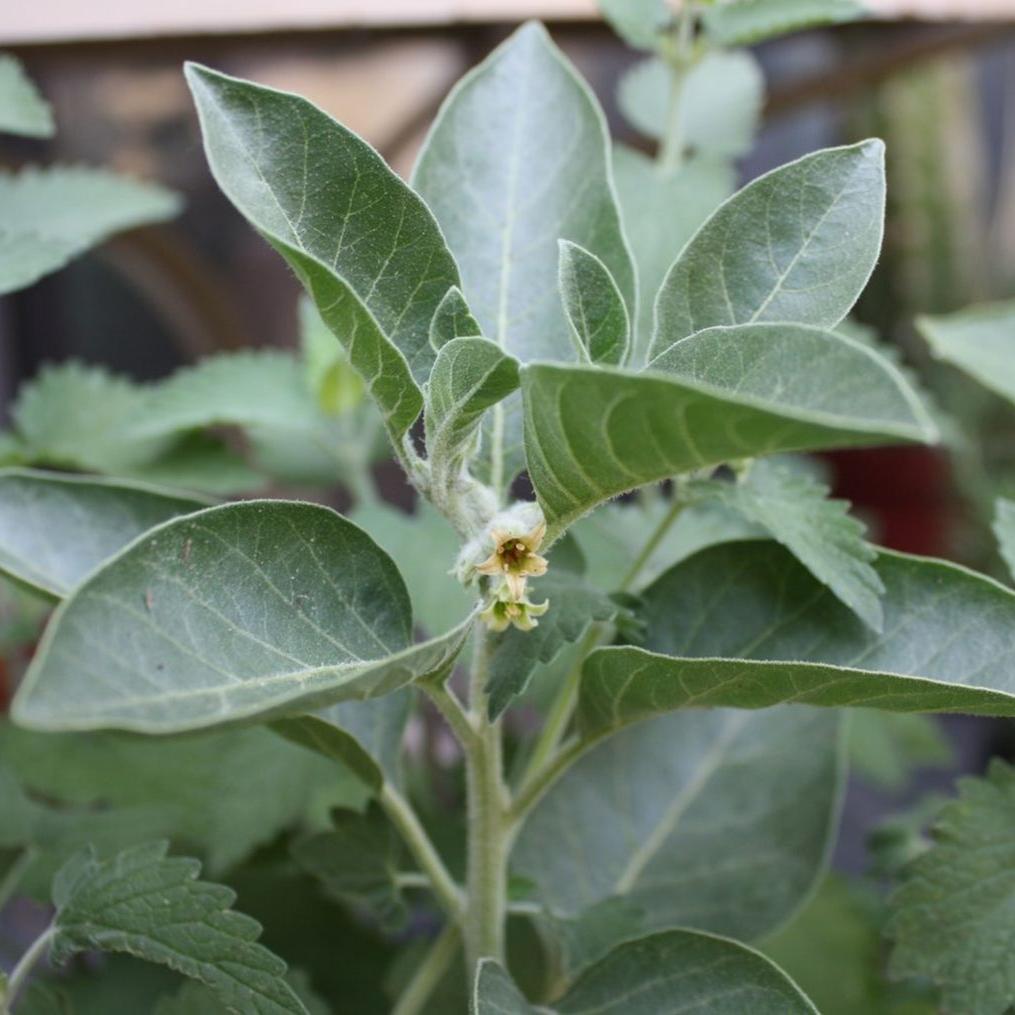
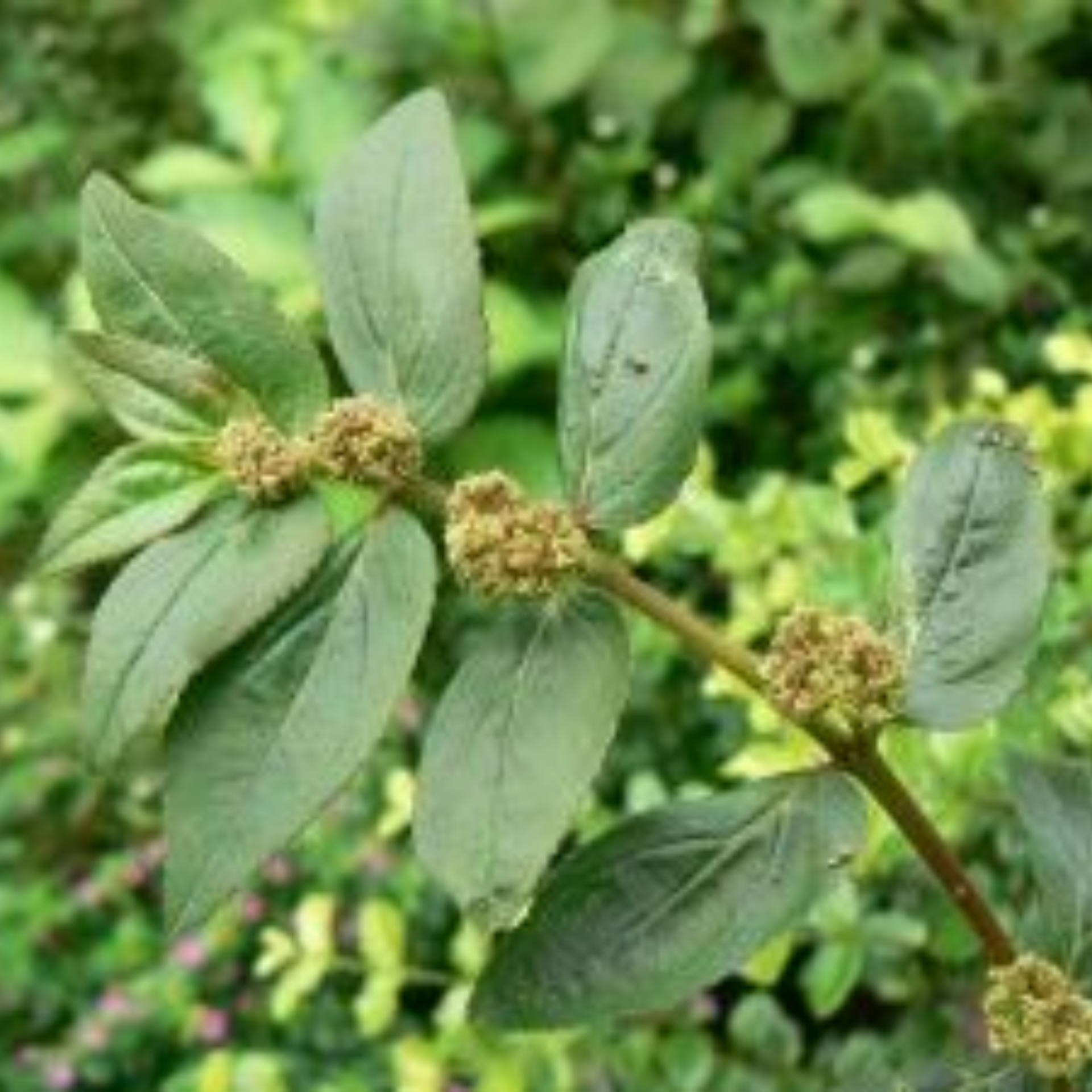
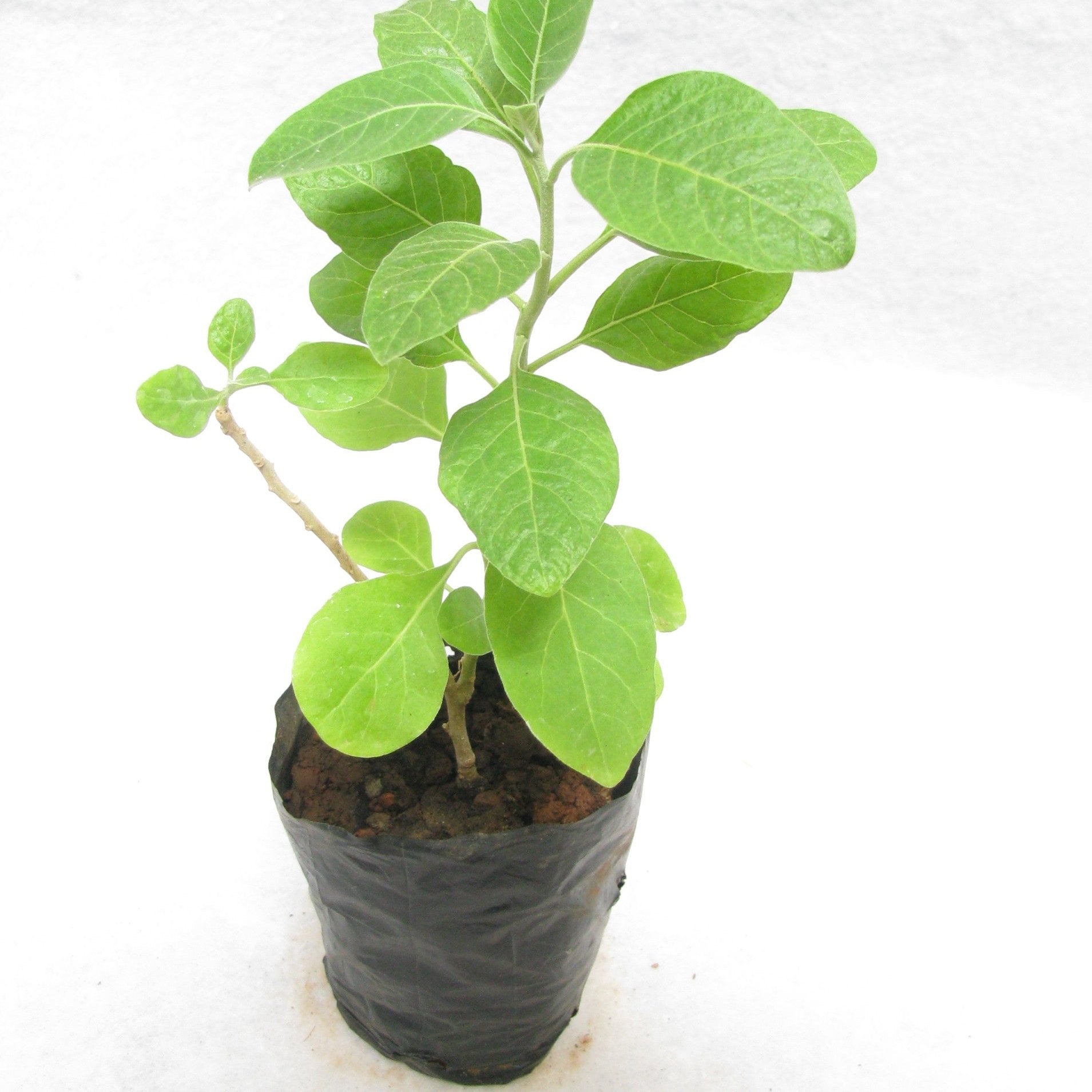
- Ashwagandha is an ancient medicinal herb.
- classified as an adaptogen, meaning that it can help your body manage stress.
- Ashwagandha also provides numerous other benefits for your body and brain.
- it can boost brain function, lower blood sugar and cortisol levels, and help fight symptoms of anxiety and depression.
-
For example, it can boost brain function, lower blood sugar and cortisol levels, and help fight symptoms of anxiety and depression.
Ashwagandha is best known for stress Reduction, Neural Protection, and a Lot More from an Ancient HerbAshwagandha or Withania somnifera or Winter Cherry or Indian ginseng or poison gooseberry is an ayurvedic herb that has been used for centuries in India as an adaptogenic herbal remedy to improve overall health, vitality and longevity.It has remarkable stress-relieving properties comparable to those of powerful drugs used to treat depression and anxiety. Scientific studies support ashwagandha’s ability not only to relieve stress, but also to protect brain cells against the deleterious effects of our modern lifestyles.The benefits of ashwagandha are many; in addition to promoting fertility, aiding in wound care, and boosting the immune system, some other benefits are:Diuretic, Sleep aid, Galactogogue, Anti-epileptic, Anti-tumour, Pain relief, Eye health, Heart tonic, Lowers cholesterol, Regulates, blood sugar, Reduces depression and anxiety, Combats stress, Fights cognitive decline due to brain cell degeneration.Ashwagandha Uses
Medicinal Use:
- Ayurvedic properties of AshwagandhaVajikara- Increases sexual desire Rasayani- Rejuvenates the body Balya- Increases strength Ati shukrala- Improves quality and quantity of semen Shwitrapaha- Useful in management of white discoloration of the skin Shothahara- Useful in management of edematous conditions
- it helps clear impurities (Ama) from the various channels of the body
- Kshayapaha- Useful in treating emaciation and under nutritive conditions Bioenergetics: Rasa (Taste)- Tikta (Bitter); Katu (Pungent); Madhura (Sweet) Guna (Characteristics)- Laghu (Light); Snigdha (Unctuous) Veerya (Potency)- Ushna (Warm) Vipaka (Post digestion effect)- Madhura (Sweet)Note: The following information is general guidelines
- Be sure to ask your healthcare provider for guidelines
Specifications
Common Name Aswagandha Height 20 to 30cm Difficulty Level Moderately easy Planting And Care
- Ashwagandha is normally quite a low-maintenance plant and is normally very easy to grow - great for beginner gardeners!
Ashwagandha Care
- Native to India, Ashwagandha bushes will grow to heights of 3 feet or more and produce light green flowers from midsummer onwards which will develop into orange or deep red berries by fall
- Ashwagandha can be direct sown outdoors following the last frost, approximately 3/8" below the surface of the soil, and kept evenly moist
- Otherwise, you can sow indoors in early spring to give your starts additional time to develop before going outside
- Sow seeds slightly closer to the surface (1/4") if using flats or other small containers indoors
Sunlight Full sun, Watering Keep soil moist throughout the growing season Soil It needs sandy and well-draining soil in a way that water will drain out quickly, pH level should be around 7.5, neutral to slightly alkaline. Growing Ashwagandha is not possible in soil that retains moisture and remains waterlogged. Temperature 20 to 30 degrees C Fertilizer Use any organic fertilizer



